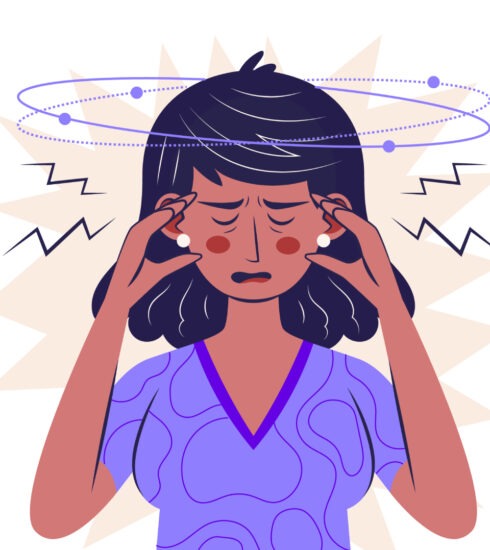- Dr. Anjali Joshi Dedhia, Mumbai

- April 16, 2024
Why do Children have frequent Dental Decay and How to Prevent it!
This is a very common problem amongst children that they get frequent dental decay because their food habits are not in our control. Also treating children is more complicated than adults.
This happens generally because most of the parents think that dental decay is the result of chocolate consumption, but the fact is that chocolates are not the only source of decay, there are many other foodstuffs like biscuits, cheese, chips, etc. which can cause decay.
It is very difficult to stop children from eating these products in their daily lifestyle, thus it results in the frequent dental decay. So, let’s learn how to prevent it!
1. Frequency of intake
Parents have a habit of feeding their child every 1-2 hours, this increases the frequency of such products staying inside the mouth, and it creates an acidic environment which is very much favourable for microorganisms to grow, resulting in dental decay. But if you keep a minimum time gap of 12 to 15 hours between these food products, then salivary pH gets maintained thus preventing dental decay. Meanwhile parents can give other fiber rich food products, protein containing diet or fruits (avoid fruit juice). Also if you give such food products along with meals, then it reduces the chances even more.
2. Care to be taken during pregnancy
A tooth development starts at the time when the child is inside the mother’s womb. That is why her food consumption during pregnancy does matter for the child’s healthy teeth. Proper calcium intake of the mother. Lack of calcium intake during pregnancy does affect a child’s dental health. Dental concerns which can arise are weak roots, brittle teeth, tooth decay and irritated gums.
- Water content: Fluoride content of the water from the time of pregnancy till the age of 6 years is important. The high-water content of fluoride can lead to white lines and incomplete formation of teeth and lead to early dental decay. To avoid such a problem RO filtered water should be used.
Medication: There are certain medicines which cause developmental defects in tooth formation if it is taken at the time of pregnancy, not only in milk teeth but also in permanent teeth, therefore before taking any medicine you need to consult the physician.
3. Type of toothpaste
This is a very common question I get from most of the parents. “Doctor which kind of toothpaste will you recommend for our children to prevent dental decay?” More than the toothpaste, proper brushing technique would prevent the decay but also fluoride containing toothpaste has a role to prevent decay. So, for the children whose age is more than 6 years and for all adults’ fluoridated paste is recommended and for children below 6 years non fluoridated paste can be used.
4. Care to be taken during feeding
Most commonly dental decay is found in the front teeth of the child. That is because of two reasons first- those are the earliest teeth to erupt so they are exposed to the oral environment more. And second, because of night feeding, which is also called nursing bottle caries. This occurs because parents generally give milk bottles at night time to make the baby sleep but after the baby sleeps the layer of milk which is full of lactose stays on the front surface of the front teeth resulting in early decay. This is the same for mother feeding as well. To prevent this, you need to wipe baby teeth with wet cotton or cloth after feeding is over.
5. At what age you should start brushing?
When the first tooth erupts it is mandatory to start the cleaning process. For the first year, it could be done with wet cotton. After that parents can use a very small head toothbrush till the child becomes mature for brushing on his own.
6. When to visit a dentist
Like an adult, children also need a 6-month dental visit, so that preventing decay can be done for them at a very early stage. Also, some dental/jawline defects can be corrected very easily at the age of 8 to 10 years. Therefore it is mandatory to get a dental checkup done at this age.







